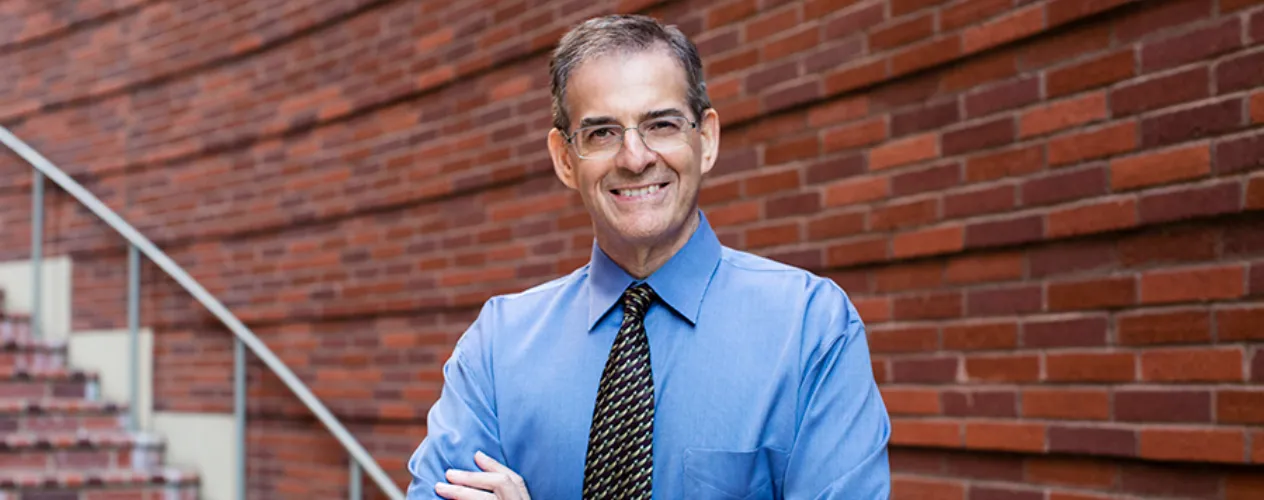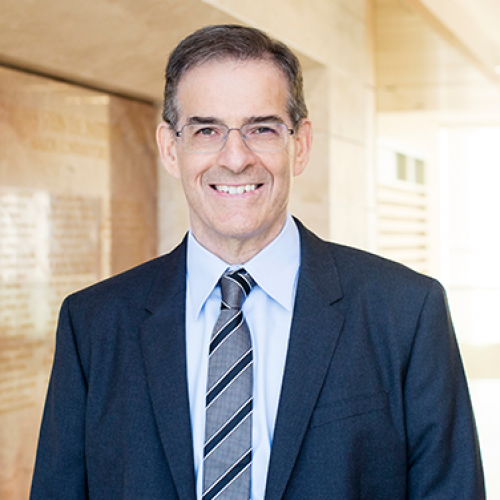Dean's Message

SO MANY OF THE BIGGEST PUBLIC HEALTH ISSUES of our time involve food — from chronic conditions such as obesity, diabetes, heart disease, stroke, and certain cancers to the effects of climate change on food production, and the alarming rates of food insecurity. Food is a central part of our daily lives, carrying cultural and social significance — but it’s also what keeps us healthy or, in some cases, makes us sick. Over the last several decades we’ve learned a great deal about what constitutes a nutritious diet — one with sufficient amounts of fresh fruits, vegetables and whole grains, and low in saturated and trans fats, sodium, and added sugars. But we know that in the U.S., many people don’t have a healthy diet, with consequences that include most of the leading causes of death. We also know that more than 38 million Americans, including 12 million children, experience food insecurity — and that, according to research involving UCLA Fielding School faculty, food insecurity in California increased with the onset of the COVID-19 pandemic.
In the past, public health efforts largely focused on educating people about the importance of a healthy diet and the foods that comprise one. While that work remains vital, the reality is that for much of the population — particularly in many low-income areas and communities of color — it’s not so simple. For a significant number of individuals, fresh produce and other healthy foods are in short supply and, when found, prohibitively priced. The affordable and accessible foods in these communities tend to be the less-healthy items found in convenience stores and fast-food restaurants. This inequitable food environment contributes to higher rates of the chronic health conditions closely linked to what we eat.
This issue of our magazine highlights some of the many ways in which UCLA Fielding faculty, students, and graduates are taking steps, both big and small, to counteract this imbalance and promote an environment in which everyone has access to the affordable, nutritious foods they need to lead healthy and productive lives. Working in partnership with community-based organizations, government agencies, and others, they are calling attention to the broken food system and seeking innovative solutions to ensure greater access and healthier options for communities that need them, including the tens of millions of Americans eligible for food assistance programs such as SNAP and WIC, as well as the many more who rely on food banks and pantries. We have faculty leaders such as Dr. May Wang, who serves as a technical adviser to the Los Angeles County Food Equity Roundtable as it pursues better ways to address food insecurity and inequity. Our school also plays an active leadership role on the UCLA campus through initiatives such as the multidisciplinary Food Studies Graduate Certificate Program, administered by UCLA Fielding’s Department of Community Health Sciences. In these and the many other examples you can read about in the pages of this magazine, the specifics vary but the approach is the same, and it’s one that exemplifies the best of public health: bring people together across sectors to work in integrated ways toward the changes needed to ensure healthy meals for all.

Dr. Ron Brookmeyer
Dean
ㅤ
